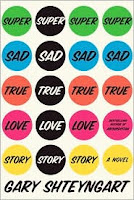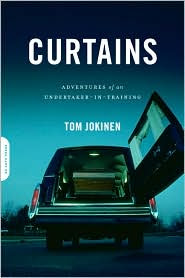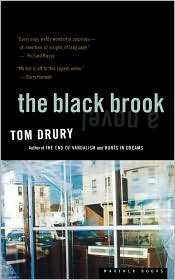 Matt Hilton is the Cumbrian author of the Joe Hunter thriller series, including Dead Men’s Dust, Judgement and Wrath, Slash and Burn, and Cut and Run, with further books in the series coming soon. He is a high ranking martial artist and has been a police officer and private security specialist, all of which lend an authenticity to the action scenes in his books.
Matt Hilton is the Cumbrian author of the Joe Hunter thriller series, including Dead Men’s Dust, Judgement and Wrath, Slash and Burn, and Cut and Run, with further books in the series coming soon. He is a high ranking martial artist and has been a police officer and private security specialist, all of which lend an authenticity to the action scenes in his books.Recently I asked him what he was reading. His reply:
I enjoy books where events in the past come back to haunt the protagonist, so when I picked up Stuart Neville’s The Twelve – published in the USA as Ghosts of Belfast – I was in my own little corner of heaven. Not only do we have a torn, bruised figure trying to come to terms with his violent past, but in ex IRA hitman Jerry Fegan we also have aVisit Matt Hilton's website and blog, and learn more about his latest novel released in the US, Judgment and Wrath.protagonist ‘literally’ haunted by the ghosts of his victims. Neville handles a very delicate political subject, giving us an antihero in the form of Fegan. To say that in life Fegan would be an enemy of mine is an understatement, but the manner in which Neville delivers the story, I sympathised with Fegan and rooted for him as he goes up against the puppet masters that pulled his strings and made him the monster he became. The Twelve is a brutal story at heart, a thrilling action adventure, but conversely it is also a heart warming tale, one of redemption and love and it left me afterwards with a quiet sense of calm and a whimsical smile on my face. Some crime readers decry mixing genres, and perhaps some would see this as being a supernatural story, but don’t be put off.
Neville handles the subject of the twelve followers – the wraiths of Fegan’s victims – and we are never sure if they are simply figments of the hit man’s imagination or not, right up until the eleventh hour where Neville ‘hints’ at the truth. I won’t put a spoiler in here, don’t worry: go read the book and make up your own mind.
The Page 69 Test: Dead Men's Dust.
--Marshal Zeringue



















































